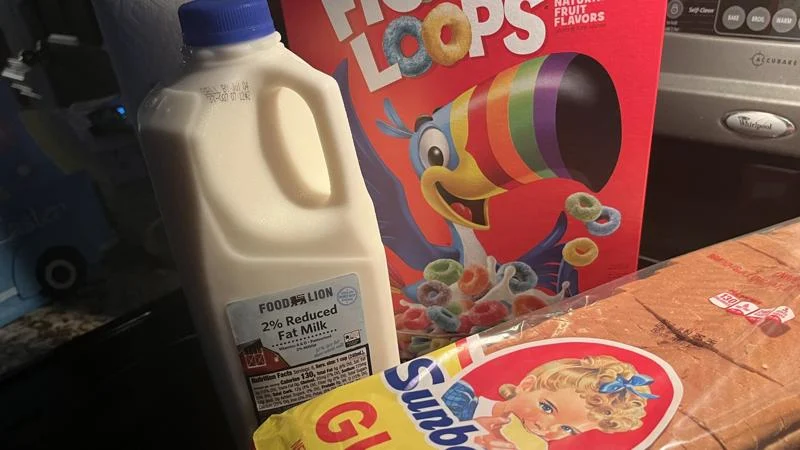Sicker residents, struggling rural grocery stores and loss of jobs are cited in a gubernatorial request to continue funding SNAP made to majority and minority leaders of the U.S. Senate and House of Representatives.
A letter authored by North Carolina first-term Democratic Gov. Josh Stein and signed by 22 other governors – all Democrats – says cuts to the Supplemental Nutrition Assistance Program in the hotly debated reconciliation bill will cause hunger and poverty to increase, “children and adults will get sicker, grocery stores in rural areas will struggle to stay open, people in agriculture and the food industry will lose jobs, and state and local economies will suffer.”
Tuesday’s letter was addressed to Sens. John Thune, R-S.D., and Chuck Schumer, D-N.Y., and Reps. Mike Johnson, R-La., and Hakeem Jeffries, D-N.Y. Stein is cochairman of President Donald Trump’s Council of Governors.
SNAP provides “eligible low-income households with electronic benefits redeemable for SNAP-eligible foods at SNAP-eligible retailers,” says a May 30 summary posted to Congress.gov. Federal spending on the program through 2034 would be reduced by $295 billion through 12 SNAP provisions estimated to reduce spending.
The changes proposed would shift costs to states and require more able-bodied recipients, by the millions, to work or lose their benefits. The Congressional Budget Office projects 3.2 million coming off the assistance.
“Congress,” Stein and colleagues write, “has proposed profoundly changing the relationship between the federal government and states – by shifting unprecedented costs to states for the first time in the 50 years of SNAP’s history. Under this plan, states will need to find millions or even billions of extra dollars in their budgets or be forced to leave the SNAP program entirely, potentially cutting off millions of Americans from this vital assistance.”
The governors say cuts will not only increase costs per state, but “make it nearly impossible for states to effectively plan for these long-term budget impacts.” They also point out congressional proposals “to slash Medicaid, disaster relief, and other federally funded safety net programs.”
For context, in Stein’s state and many others, a balanced budget is in the general statutes. Federally, the amount of outstanding borrowing by the federal government – also known as the national debt – is $36.2 trillion.
Republicans are not in agreement with all the criticisms. For example, U.S. Rep. Virginia Foxx, R-N.C., in a letter to constituents Friday said the bill will save 2 million “family-owned farms from the death tax.” And, she said the legislation “helps American farmers compete by increasing access to the global marketplace.”
In addition to Stein, the letter is also signed by governors from Arizona, California, Colorado, Connecticut, Delaware, Hawaii, Illinois, Kansas, Kentucky, Maine, Maryland, Massachusetts, Michigan, Minnesota, New Jersey, New Mexico, New York, Oregon, Pennsylvania, Rhode Island, Washington, Wisconsin. There were no Democratic governors not to sign the letter, and no Republican governors signed.






